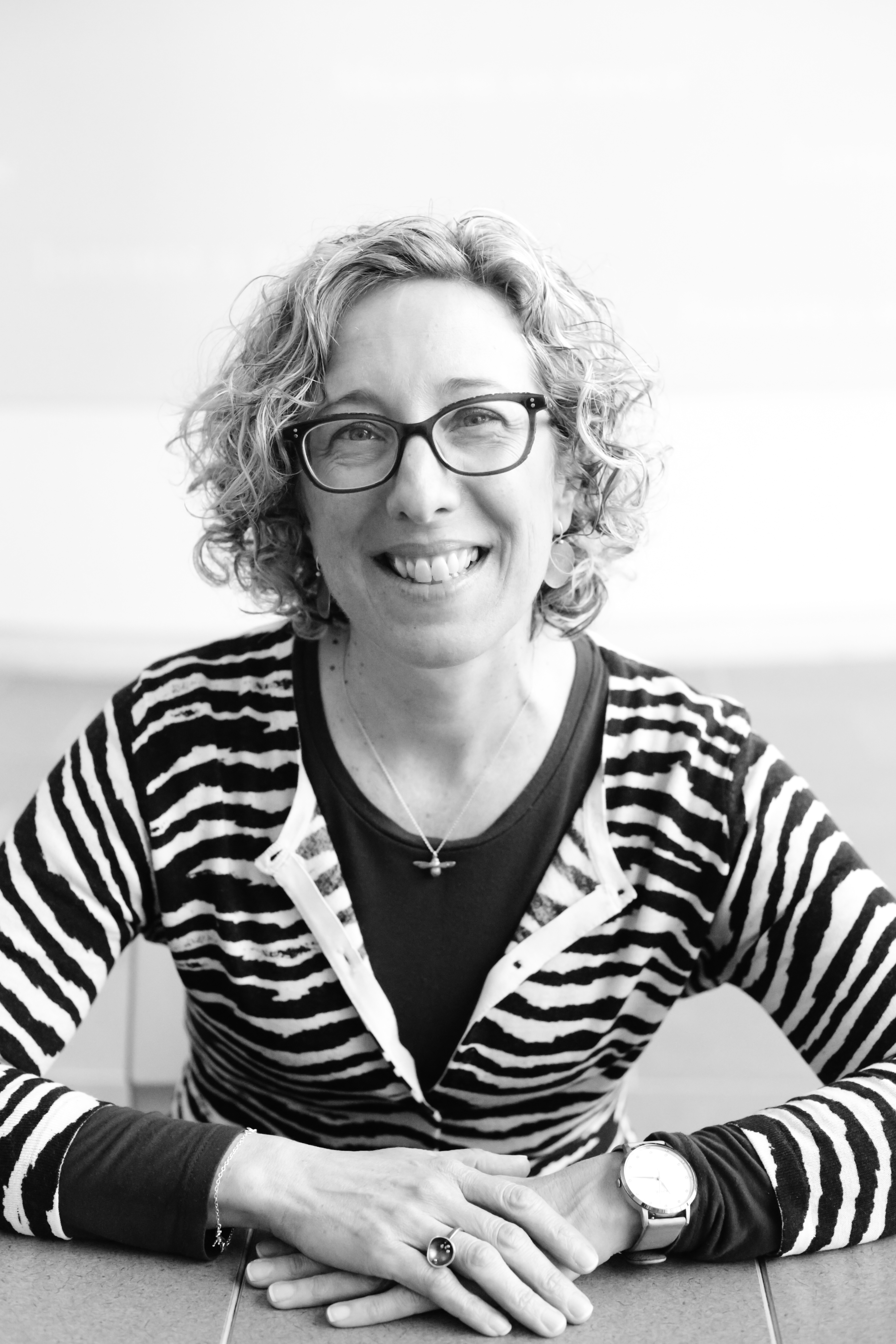By: Jeannine Uzzi, USM Provost
Greetings, and Happy Spring Semester! I am delighted to welcome you to another semester of learning and to invite you to participate this semester in USM’s Common Read, How To Be An Antiracist, by Ibram X. Kendi, Professor and Founding Director of the Antiracist Research and Policy Center at American University. I offer this invitation as Provost of USM. Many of you will immediately wonder what a Provost is, and you are not alone! The Provost is USM’s Chief Academic Officer. The Provost is ultimately responsible for all academics at USM; I get to approve all new majors, minors, and every new course the faculty propose. I also help make policy and programming decisions, including the choice of this year’s Common Read, and I’m responsible for overseeing and supporting faculty and student research, scholarship, and creative activity; academic advising; and general education. The Provost supports USM’s mission, our academic vision, and our service promise “Student Focused Every Day.” While I loved being a faculty member at USM—I taught here for twelve years before I became Provost—the best part of being Provost is being able to support all students, not just those in my department or my classes. My job is different every day, but it’s always about solving problems and removing barriers to education.
As is the case at the beginning of every semester, I begin spring 2020 with a combination of excitement and trepidation. Every new semester is a new start: the chance to improve, to try something new, to achieve a goal. Every new start brings with it new expectations, and with new expectations come two things we human beings generally try to avoid: vulnerability and risk. “This is supposed to be an inspirational welcome back message,” you may be thinking, “so why focus on vulnerability and risk?” This is a terrific question: I’m glad you asked.
The truth is that education is inherently risky. We encounter points of view that are unfamiliar; we discover we were wrong about something; we might even fail. These experiences don’t always feel good. They can leave us uncomfortable and unsure of what to do next. They can make us doubt ourselves, wonder if we belong. The good news is that you do belong! Education works best when we make mistakes when we risk failing or being wrong. To put it another way, education is most effective when we are vulnerable. Only when we are vulnerable (a word that at its Latin root literally means “able to be wounded”) are we truly open to receiving new ideas and to being transformed by our learning.
I’ll never forget the moment I realized—as a naïve college student myself—that my worldview was only one of a variety of worldviews, some of which contradicted things I had always assumed were “normal,” “natural,” or “true” about the world. I would come to understand that many things I had perceived as “human nature” or “normal” were in fact constructs of the particular culture in which I had been raised; they were not a priori conditions of existence but things I had learned from my cultural context. Jay Williams, my brilliant Buddhism professor, used to look at me with great compassion and say, “You’re nearly there, Jeannine; one of these days you’ll get it.” Eventually, I did get it. After a few semesters of thinking my brain might explode, I finally became vulnerable enough to accept possibilities that had until that time been entirely unknown to me. I celebrated by declaring a minor in religion and learning all I could about those many unknown things.
Why do I share this story with you? I don’t share it because it’s special or unusual; I share it because it reflects the daily experience of students all over the world. If your education isn’t making you uncomfortable, if you are never wrong, never encountering something that challenges you, you probably aren’t learning. In fact, you may just be affirming what you already think you know. Students who are vulnerable, who are open to new ideas, who are able to say “yes” to things that may be unfamiliar, even a little scary, are students with the potential to be transformed and empowered by their education, students with the potential to change the world for the better.
With this in mind, let me encourage you again to take part in USM’s Common Read this semester. A free copy of the book is available to all students at all USM libraries as well as in my office in 124 Wishcamper. How To Be An Antiracist is both a scholarly text written by a professor and the story of one man’s experience of racism in this country. For some of you, the Common Read may present ideas that are unexpected, unfamiliar, or uncomfortable. Others of you might recognize your own narrative in Kendi’s. Reading How To Be An Antiracist might make you feel vulnerable and unsure of what to do next. If that happens, find people you trust and respect, and start a conversation. Talk to your faculty members or your fellow students about it. Join a Common Read discussion group or take a Common Read pop-up course. Come to a meeting of the Intercultural and Diversity Advisory Council (IDAC), or just stop by my office.
It’s time for institutions like USM to commit to an antiracist future. Only when we make such a commitment will we find liberation and equity for all. Keep an eye out for the Common Read website, coming soon to a computer or smartphone near you, and take advantage of every opportunity spring 2020 offers!

